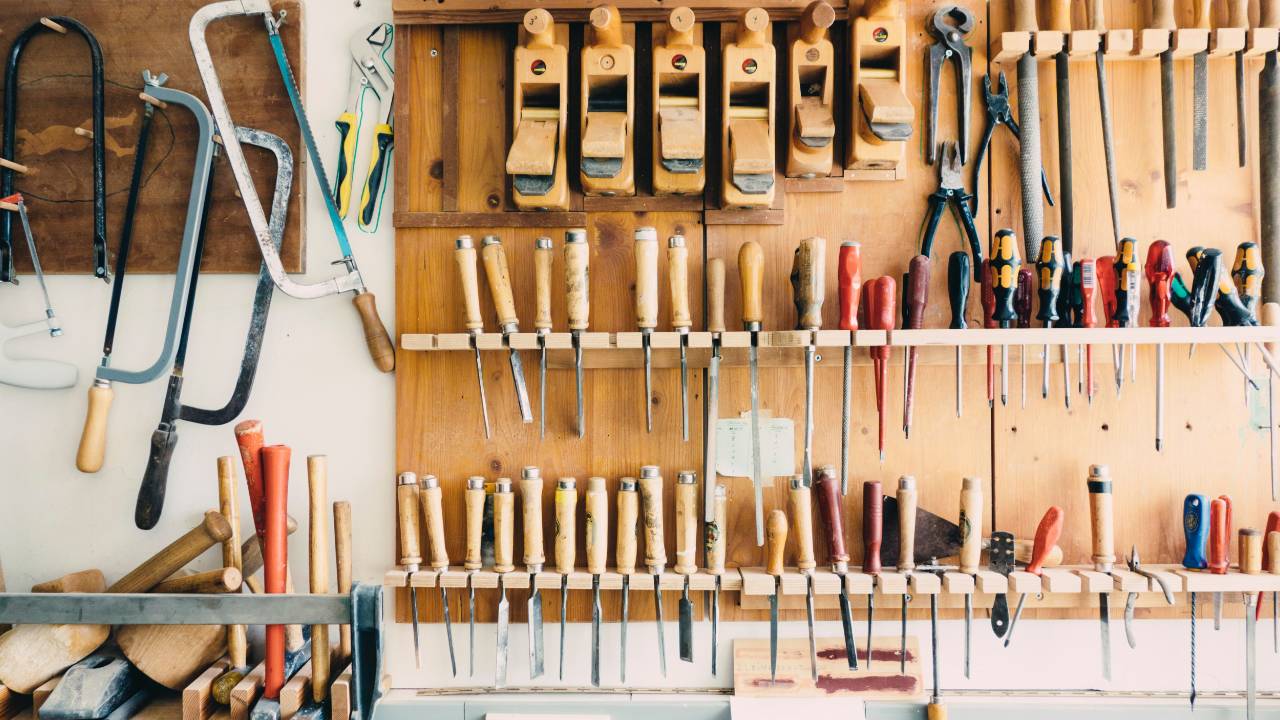3 Quick Tips for Creating New Coping Tools
Apr 28, 2023
One of the hardest parts of changing my relationship with alcohol was breaking the link between:
ALCOHOL = MY FAVORITE COPING TOOL 😬
I realize this is difficult for a few reasons:
- The reward/relief from alcohol is very quick and immediately effective. It's hard to find other things (that aren't also addictive) that work as fast.
- I was stuck in a "habit of impulsivity" which had become very ingrained. Meaning, just thinking about drinking (for example if I was upset) would make me react impulsively and immediately by grabbing a drink.
- Alcohol was my only go-to coping tool for nearly 10 years. I didn't have practice with other things – and even if I did (like taking a hot bath) – I would always have a glass of wine with me. 🍷🛁
So all this to say – de-coupling alcohol as your favorite coping tool is NOT an easy feat. There is a lot to "untangle" with this habit.
So here are 3 simple, practical tips that helped me with this process.
Tip 1: Prioritize self care and this will lead to self respect.
Self care is the opposite of what we experience with alcohol use disorder (AUD) because we're really in "self-destruct" mode. We're constantly sabotaging ourselves with our thoughts and actions. And this can lead to greater despair and hopelessness.
And the truth is, learning to take care of ourselves can be a process that doesn't always feel natural. However, as we learn to do this, we also learn more self respect. And one of the biggest things I realized is that when we respect ourselves at the core – we treat ourselves better, too.
Quick tip: In order to teach myself more self care and self respect, I would 1️⃣ imagine someone I genuinely respected and then 2️⃣ I would ask myself, "How would I treat them in this situation? What would I advise them to do?" [Spoiler alert: my response was usually not to drink a bottle of wine to numb out].
Tip 2: Meet your basic survival needs moment to moment throughout the day.
Many times we turn to alcohol as a coping tool out of sheer exhaustion.
But the thing we should be asking ourselves is, "How are we allowing ourselves to get to the place of total exhaustion in the first place?"
I get it, life is simply exhausting sometimes and we can't always pamper ourselves and avoid feeling depleted (I was honestly so depleted just last week, despite my best efforts).
☝️ BUT! If we can check-in with ourselves more regularly throughout the day – and meet our basic survival needs when they arise – we can end our day feeling less exhausted, and less like we need to use alcohol as the "salve" for our exhaustion wounds.
Quick tip: I would set reminders a few times a day to ask myself what I needed – HALT was a great exercise for this. "Am I Hungry, Angry, Lonely, Tired or Thirsty?" Then I would take the steps to meet that need as soon as I could – whether it was resting for 5 minutes, hydrating or eating a snack.
Tip 3: Complete a task that will make you feel satisfied and accomplished.
Isn't it so interesting that we can have such a deep feeling of satisfaction from accomplishing seemingly insignificant things in life? You probably know just the type of task I'm taking about....
1️⃣ Cleaning out your closet, your refrigerator or your car. 2️⃣ Getting a house project completed you've been putting off. 3️⃣ Writing a to-do list and checking everything off of it.
There is definitely an endorphin hit when we accomplish things that make our life feel more in order. So I invite you to do that thing that has been on your mental "to do list" for longer than you'd like to admit!
Quick tip: I used to use this practice as a way to delay my drinking, and use alcohol as a reward. I'd tell myself, "Okay you can open that bottle of wine later, but not until you clean out the fridge."
I hope these practical tips help you as you redefine your relationship with alcohol.
Katie
PS, we have an entire LIBRARY of video courses, articles and resources diving into this challenge inside of The Alcohol Freedom Program. Join now to access.







